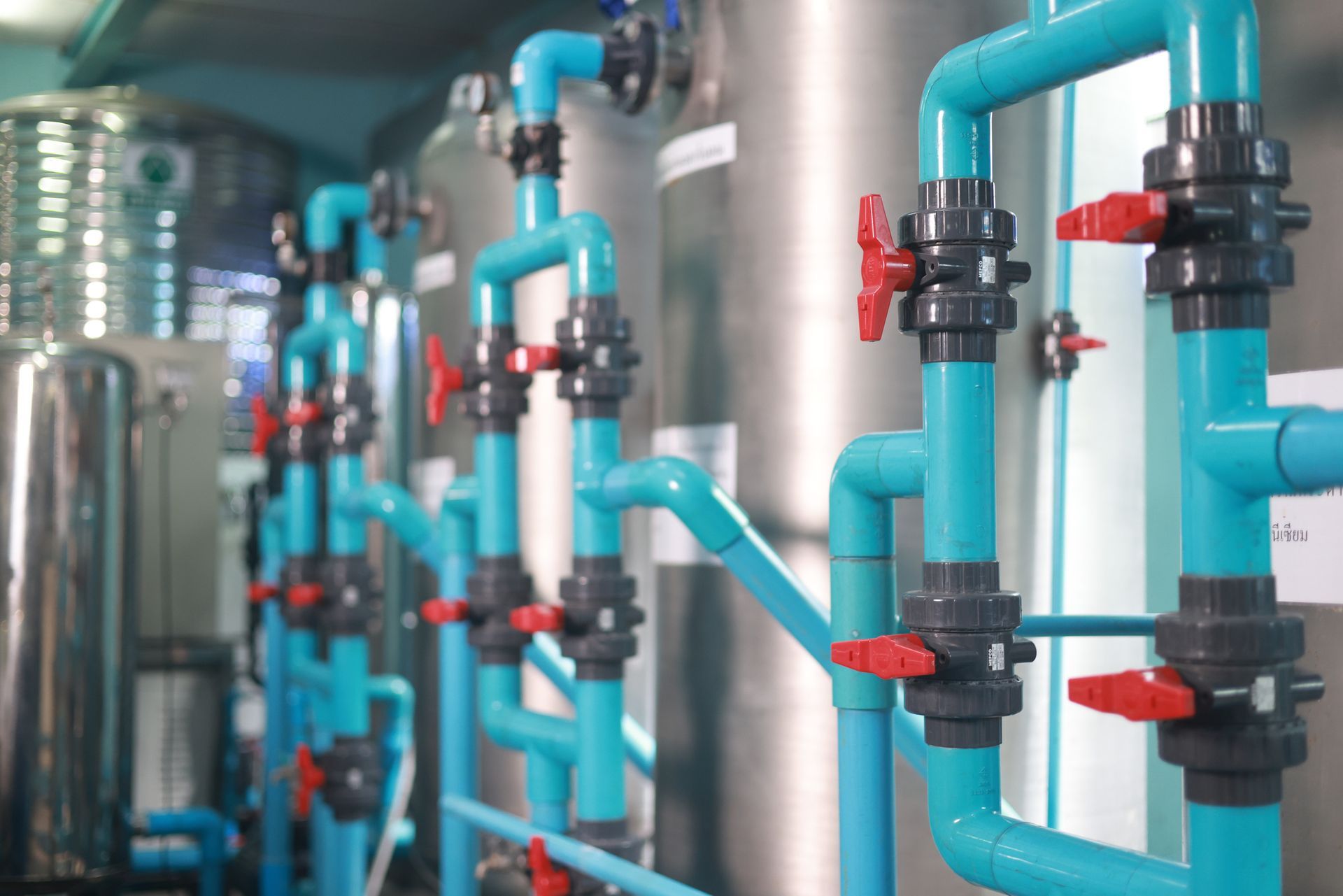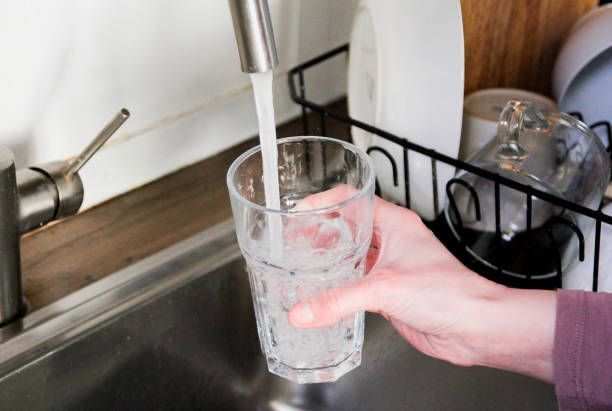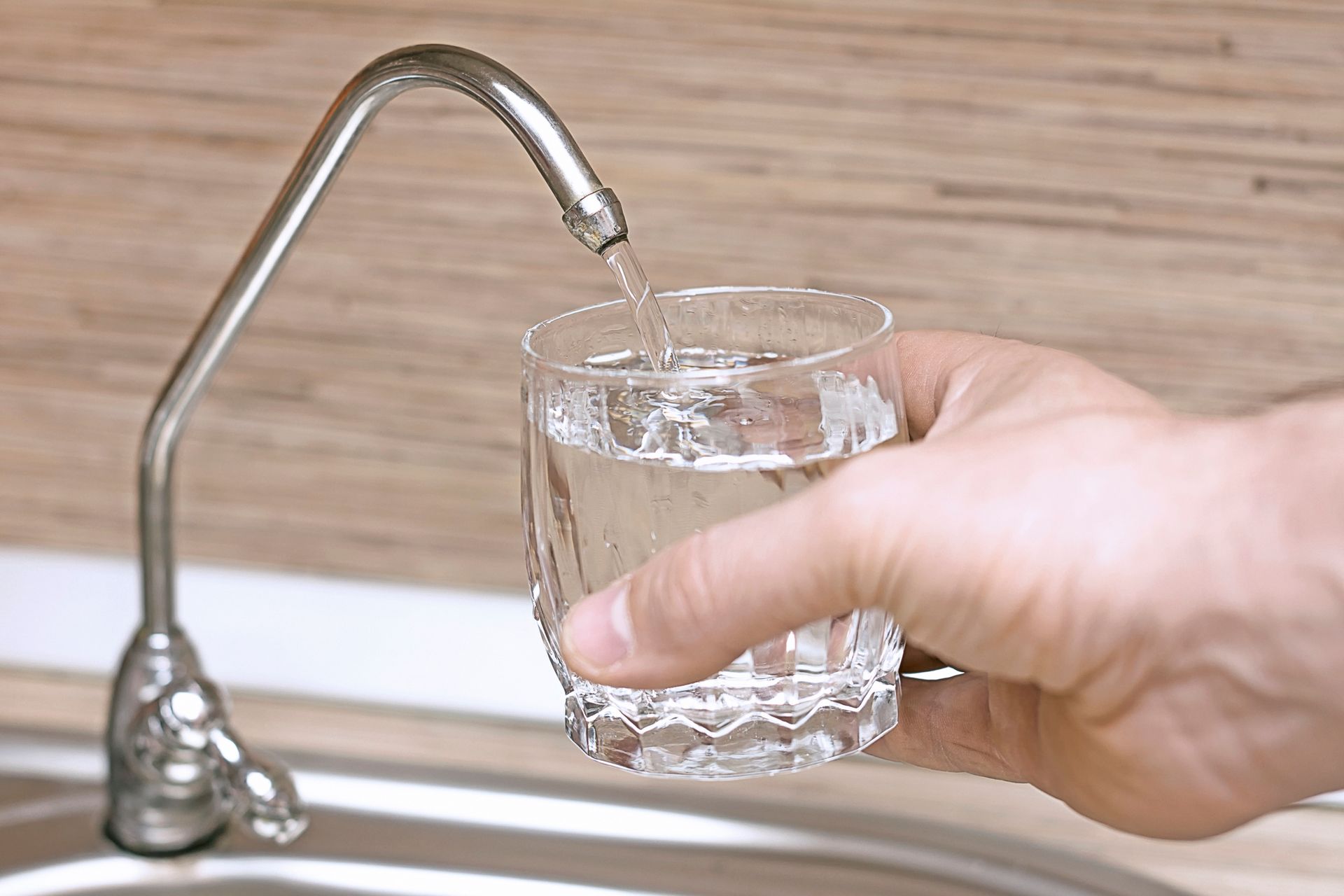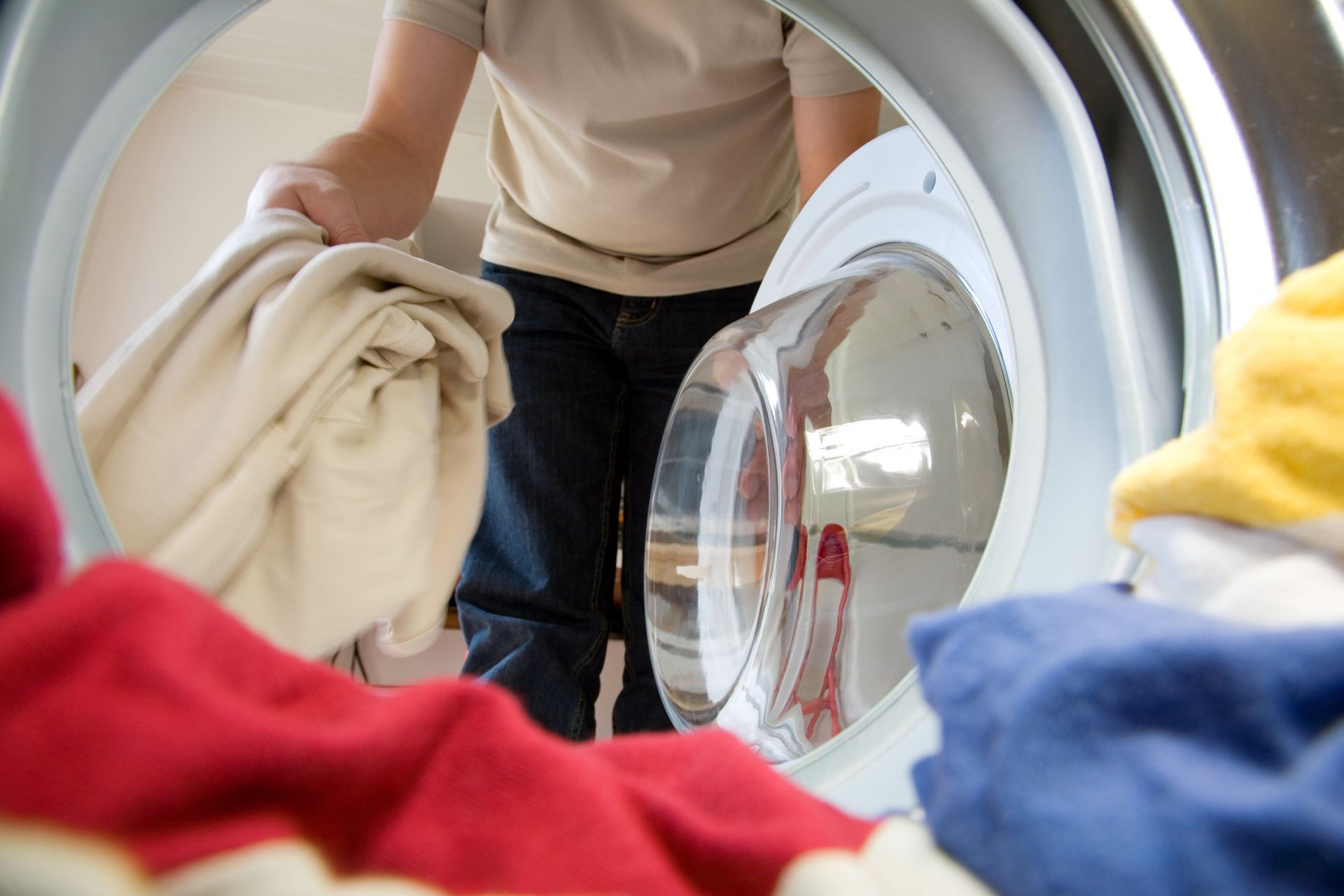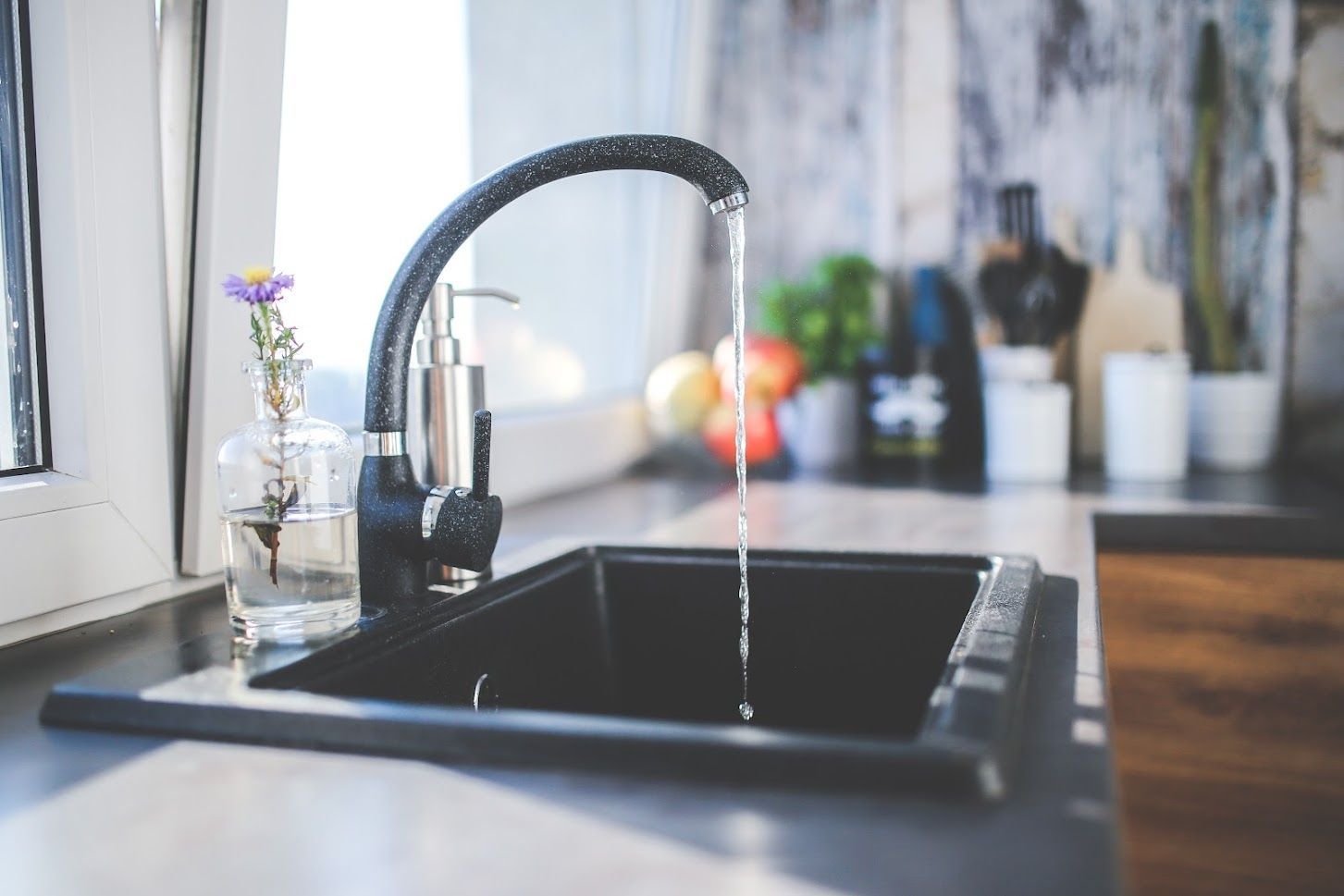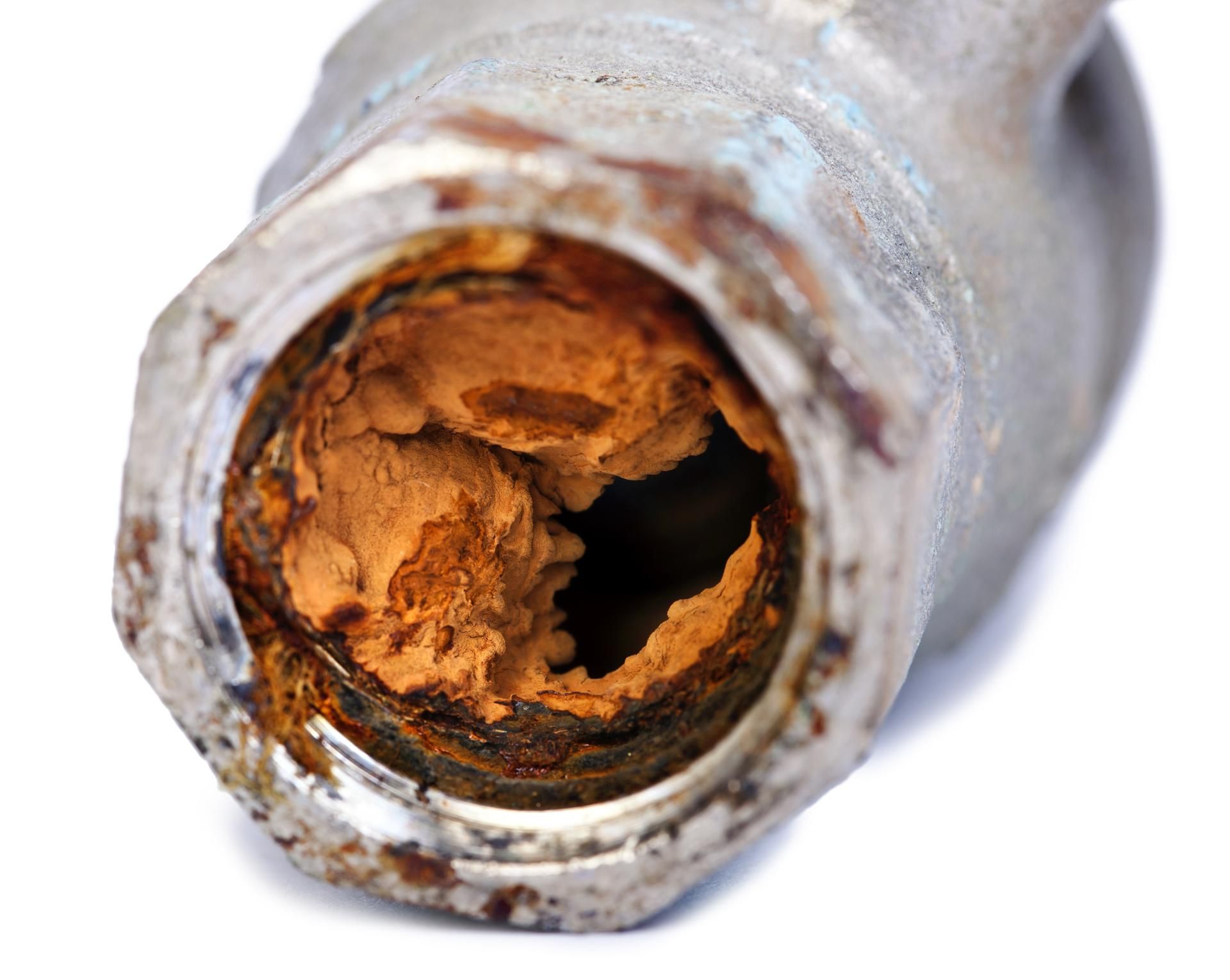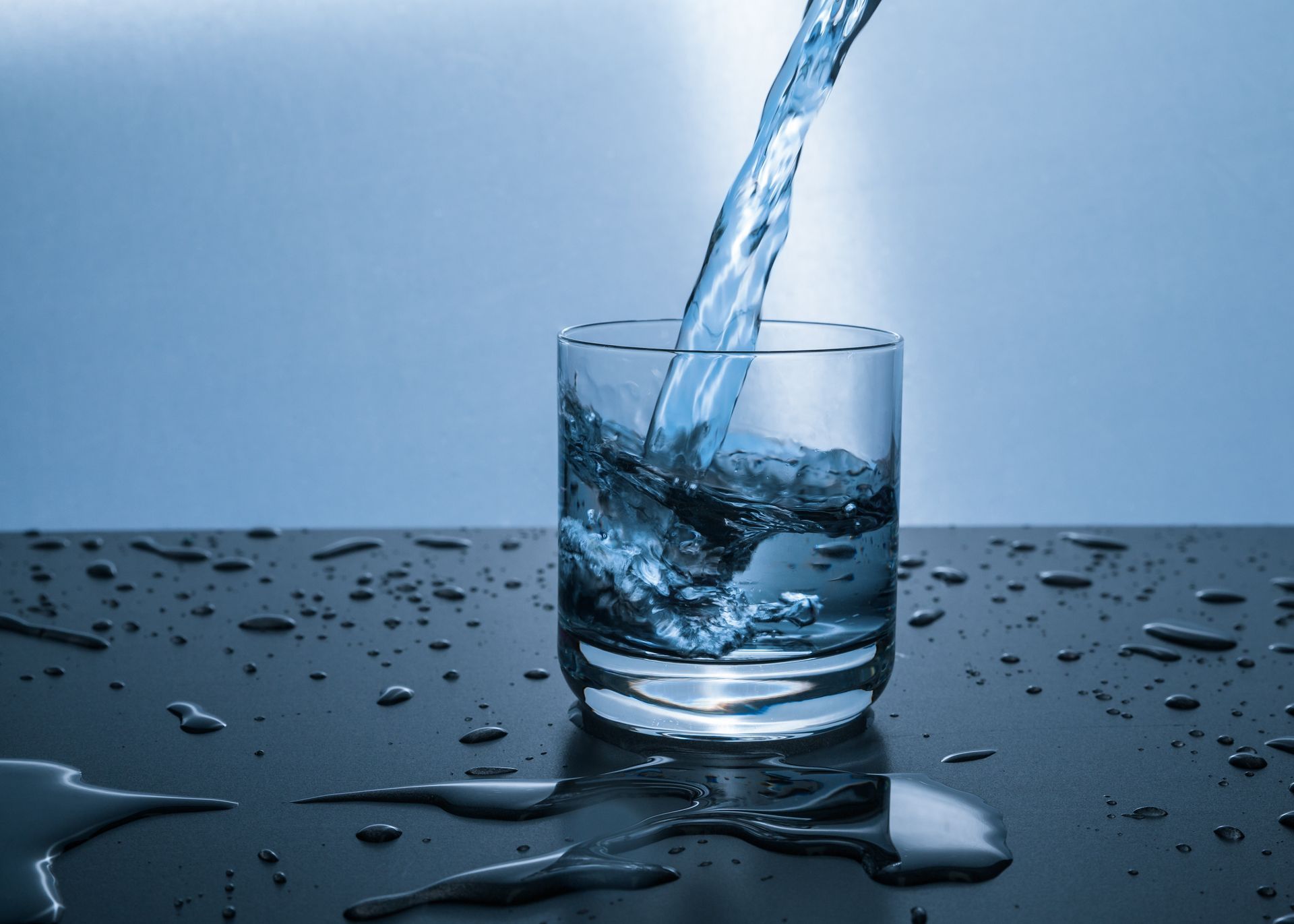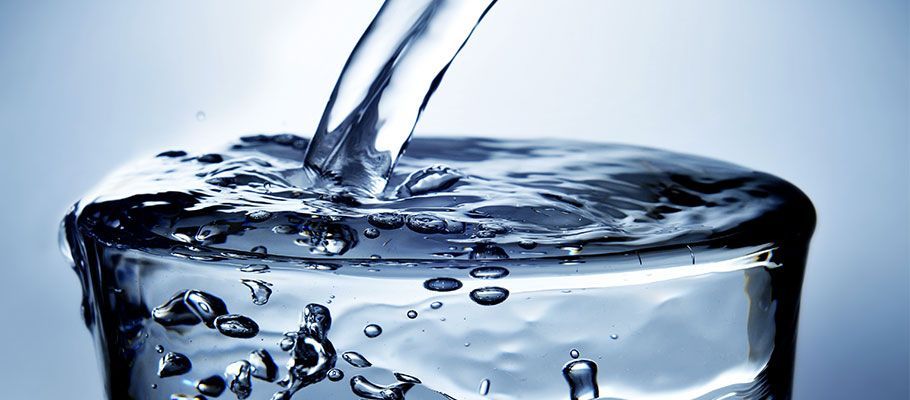Exploring the Diversity of Water Filtration Systems
Water is a fundamental element of life, and ensuring its purity is paramount for your well-being. With various contaminants present in water sources, the need for effective water filtration systems has become increasingly crucial. Here are different water filtration systems, each with unique mechanisms and advantages.
Mechanical Filters
Mechanical water filters are devices designed to remove physical impurities from water through filtration. These filters employ a variety of physical barriers to trap contaminants, such as sediment, debris, and larger particles, ensuring cleaner water. Common types include sediment filters, sand filters, and mesh screens.
Sediment filters use porous materials to capture solid particles, while sand filters utilize layers of sand to trap impurities. Mesh screens consist of fine weaves that physically block debris.
The filtration process involves passing water through these barriers, allowing only clean water. Mechanical water filters are commonly employed in various settings, from household water purification systems to industrial applications. They serve as an initial defense against visible impurities, enhancing water quality and protecting downstream water treatment processes.
Ion Exchange Filters
Ion exchange filters are water treatment devices that operate on the principle of ion exchange, a process where undesirable ions in water are exchanged for more desirable ions. These filters typically consist of resin beads containing charged sites that attract and hold ions of opposite charge. Common ions targeted for removal in water treatment include calcium, magnesium, and various heavy metals.
As water passes through the filter, undesirable ions are captured by the resin, and beneficial ions are released. This process can soften water by removing hardness ions and reducing contaminant concentrations.
Ion exchange filters find applications in various industries, including water purification for households, industrial processes, and nuclear power plants for treating cooling water. The effectiveness of these filters depends on factors such as resin type, flow rate, and the specific ions targeted, making them versatile tools for improving water quality for different purposes.
Reverse Osmosis Filters
Reverse osmosis is a highly efficient filtration process that uses a special filter to treat water. Water is forced through the membrane by applying pressure, leaving contaminants behind. RO filters are adept at removing a wide range of impurities, including dissolved salts, heavy metals, and microorganisms. This technology is commonly used in residential and industrial settings to produce high-quality drinking water.
Carbon Block and Activated Carbon Filters
Carbon-based filters, including carbon block and activated carbon filters, are widely used for their ability to adsorb contaminants. Activated carbon has a porous structure that attracts and retains impurities. Carbon block filters enhance the filtration process by combining mechanical filtration with activated carbon, providing a more comprehensive solution for improving water quality and taste.
Ultra Violet Filters
Ultraviolet (UV) filters use UV light to treat water by killing viruses, bacteria, and other contaminants. This method is particularly effective in eliminating harmful pathogens without using chemicals, making it a preferred choice for water treatment in residential and commercial applications. UV filters are often used as a final stage in water filtration systems to ensure the microbiological safety of the treated water.
McAleer Water Conditioning can help you with your water filtration needs. Contact us now for more information.

